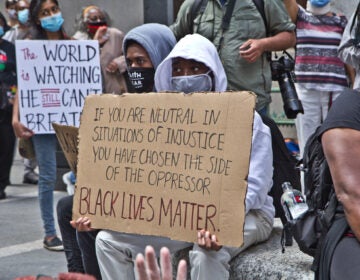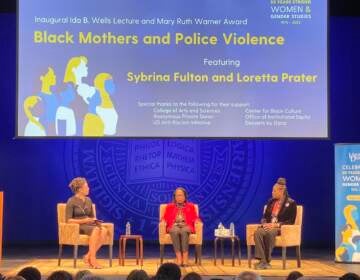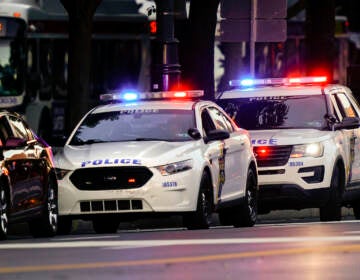My 8-year-old son knows racism is wrong. He deserves a world without it.
Black children are waiting for Americans to decide that their lives matter, too, writes Aminita Sy, a West Philadelphia parent.
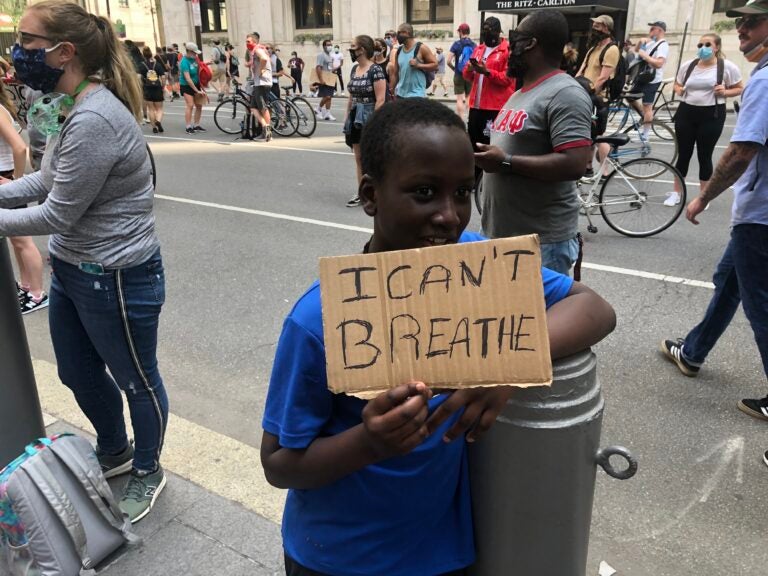
Ibra waits to march with his mother, Aminata Sy, in Philadelphia on Saturday, June 6, 2020. (Courtesy of Aminata Sy)
It was 2 p.m. on a Wednesday — the 3rd of June to be exact — and I was driving around West Philadelphia with my 8-year-old son, Ibra. He noticed a sign in front of a house, which read: “Black Lives Matter.” I asked him what he thought about that statement, and he said, “It’s true: Black lives matter.”
Like everyone else in the U.S., Ibra can’t escape the news and images surrounding the death of George Floyd, a Black man who was murdered at the hands of a white police officer. The conversations about racism, the anger and frustrations of protesters, the heavy police and military presence on the streets, Ibra sees it all. He also saw George Floyd beg for his life — telling the officer repeatedly, “I can’t breathe” — while Derek Chauvin nonchalantly kept his knee on Floyd’s neck, even after the 46-year-old had no pulse.
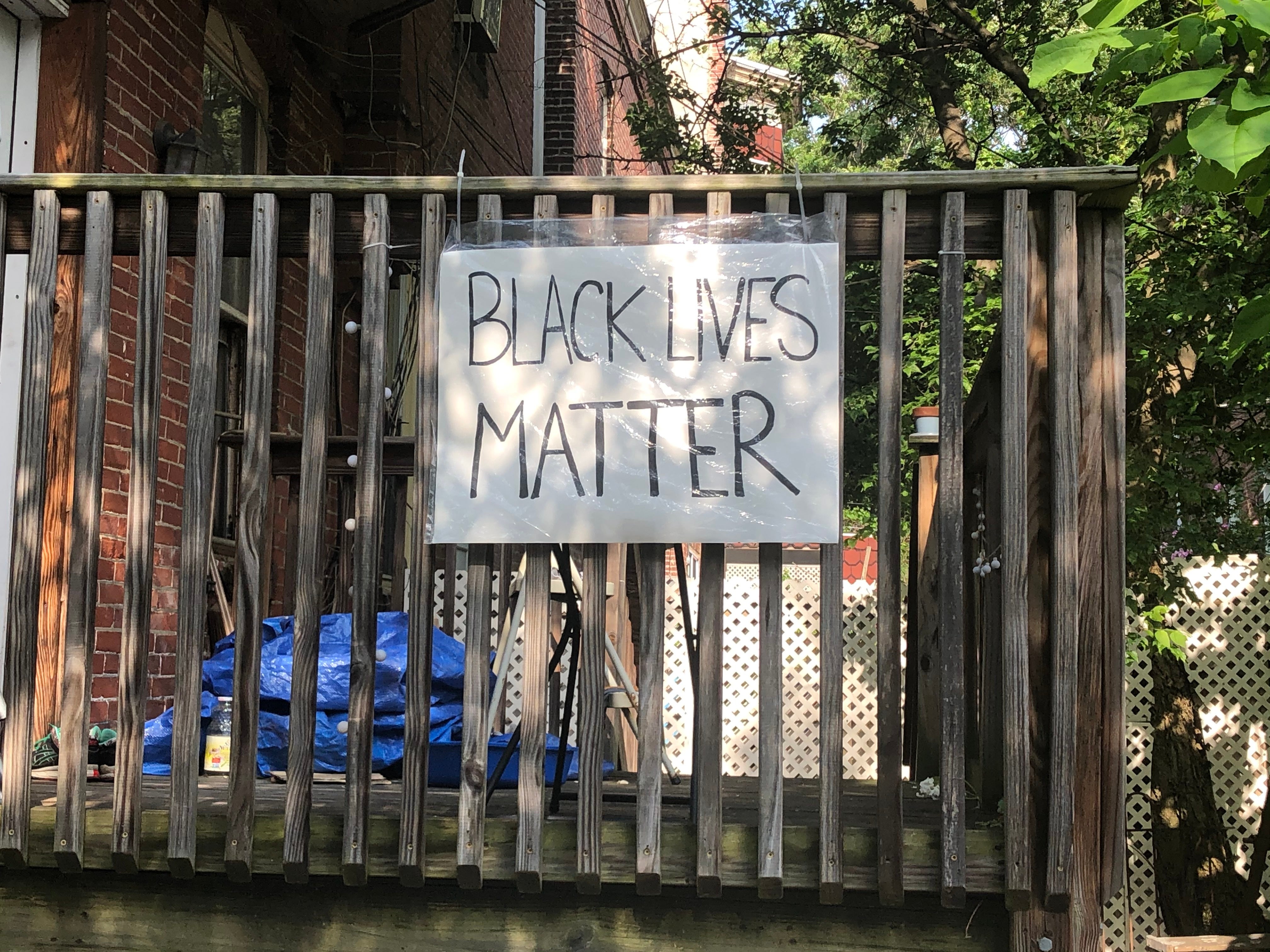
I asked Ibra, “What is racism?” He replied, “It’s when white people can do whatever they want but Black people don’t.”
On the 1st of June, Ibra and I went grocery shopping at our local Fresh Grocer, where he witnessed broken glasses from looted stores, including a Rite Aid. He watched our neighborhood’s small businesses turn into piles of garbage. He heard the deafening sirens of police cars and ambulances and the noise of helicopters flying over our home.
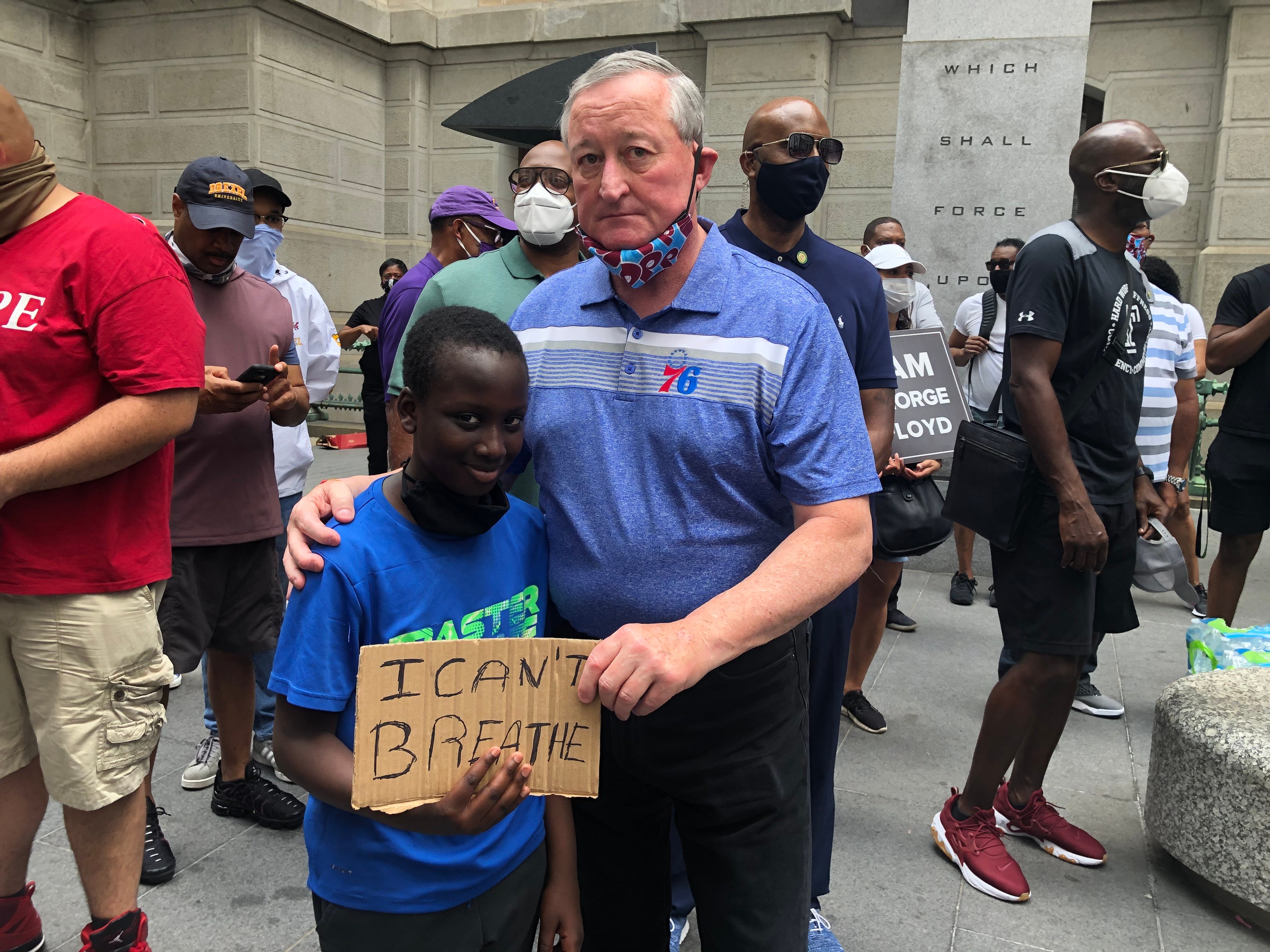
Ibra knows that racism is wrong and that people across America are angry about it. And at his age, he knows that Black people have been, and continue to be, unjustly treated in America.
As I reflect on the murder of George Floyd — and the many Black people before him, including children, whose lives were taken by the hands of police officers and vigilantes — I ask myself: when will all Americans decide that the life of a Black child is of equal value to a white child? We didn’t make that decision when slavery ended with the Emancipation Proclamation in 1863.
We didn’t make that decision when the Supreme Court in 1954 ruled in Brown v. Board of Education that racially segregated schools were unconstitutional.
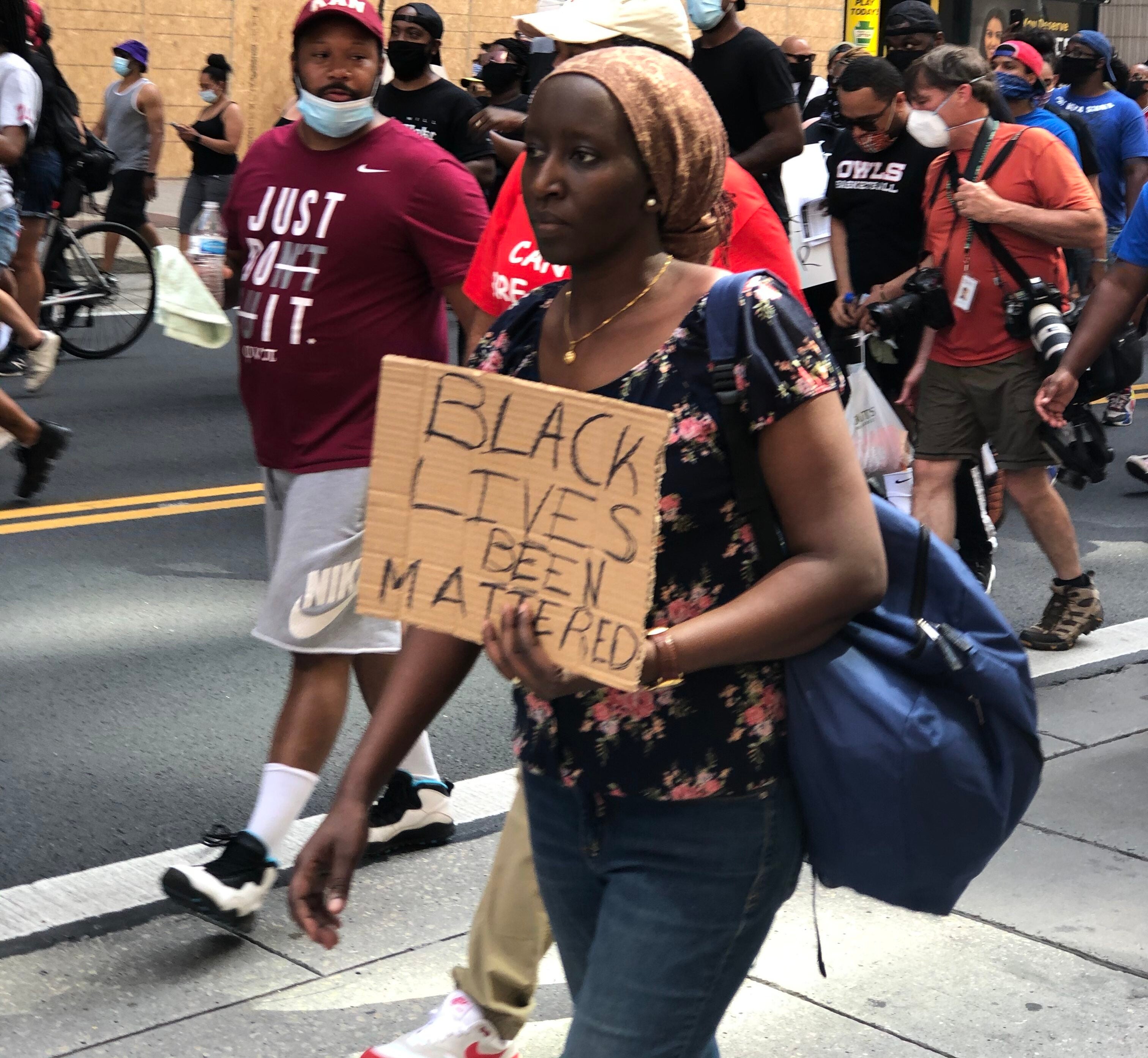
We didn’t make that decision when the Civil Rights Act of 1964 was passed. We didn’t make that decision in 2009 when Barack Obama became America’s first Black president. And we didn’t make that decision in 2012, when Trayvon Martin was killed by George Zimmerman, or in 2014, when Tamir Rice was shot and killed by a then Cleveland police officer.
Across the country, Black children are experiencing the trauma and oppression associated with racism, and they are waiting for us to decide that their lives matter, too; that their humanity is seen and valued. Only when we agree with these fundamental truths could we begin to address the systemic racism that has plagued America since its inception and that currently threatens to destroy it. Black children are waiting to breathe; Black children are Americans, too.
Aminata Sy is a U.S. Department of State Rangel Fellow, the founder and president of the nonprofit African Community Learning Program, and a graduate student at American University studying public policy.
WHYY is your source for fact-based, in-depth journalism and information. As a nonprofit organization, we rely on financial support from readers like you. Please give today.


